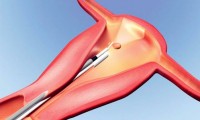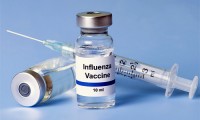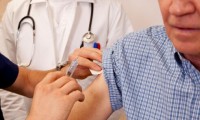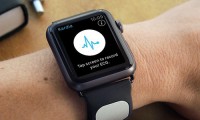-
Artificial Intelligence powers new lung health app
- Source: Business Weekly
- 934
- March 19, 2018
-
Researchers in aging tie genes to brain degeneration
- Source: fiercebiotech
- 670
- March 16, 2018
-
New guidelines recommend hysteroscopy test for heavy periods
- Source: pharmatimes
- 773
- March 16, 2018
-
Participants in rogue herpes vaccine research take legal action
- Source: fiercepharma
- 872
- March 15, 2018
-
Aspirin prevents venous thromboembolism following major orthopedic surgeries, study finds
- Source: Medicalxpress
- 731
- March 15, 2018
-
AliveCor smartphone add-on, algorithm discern high potassium levels in ECG data
- Source: FierceBiotech
- 1,175
- March 13, 2018
-
HIV linked to higher risks for obesity, cardiovascular disease
- Source: healio
- 775
- March 13, 2018
-
Can An mHealth Kit Improve Outcomes in Workers Comp Treatment?
- Source: mHealth Intelligence
- 1,080
- March 12, 2018
your submission has already been received.
OK
Subscribe
Please enter a valid Email address!
Submit
The most relevant industry news & insight will be sent to you every two weeks.













